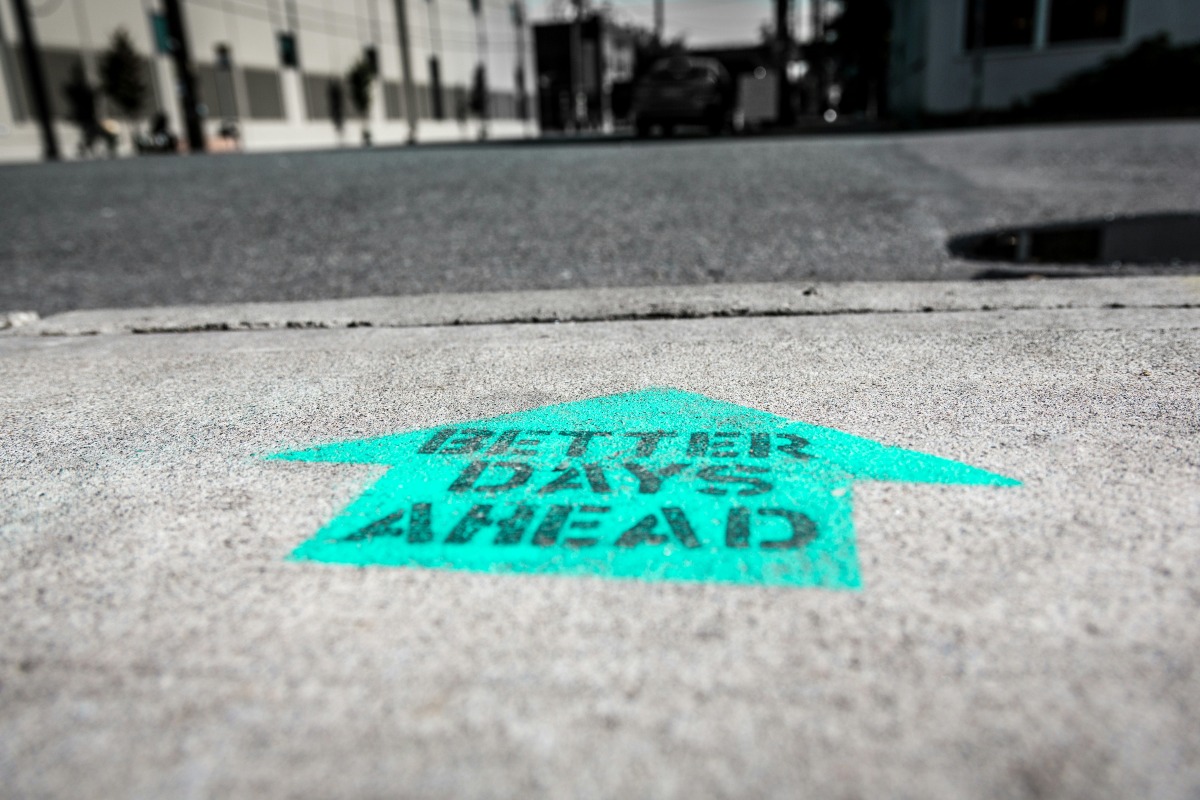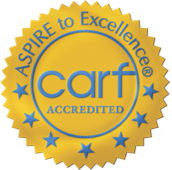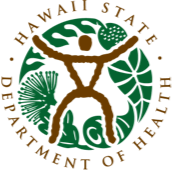Addiction fundamentally affects every aspect of daily life. While feelings of isolation, depression, anxiety, guilt, and more are common for those living with substance use disorder (SUD), the true extent of the effects of alcohol addiction is even more widespread. Addressing personal relationships to daily routines, self-care, and more affected by addiction is challenging, and finding professional treatment to address the various effects of addiction is paramount. One area commonly affected by addiction can be especially complicated, and it involves a person’s finances. Regaining control of finances in sobriety can be incredibly challenging, but is a necessary part of a truly transformative and healthy sober life.
The Forms of Financial Compromise Due to Addiction
Finances can inform many parts of daily life. Understanding how addiction impacts a person’s finances is paramount to addressing it in sobriety. However, with the deluge of challenges that addiction presents, the financial aspect of addiction and recovery can often go overlooked until it has begun to profoundly and negatively affect a person’s well-being.
A person’s finances can also be affected by addiction in many ways, both directly and indirectly. Working with family and the professionals at Hawaii Island Recovery can empower each person to explore the multiple ways finances have been affected by addiction, and how these effects may still be continuing in daily life.
Compromised Budgets
The first and most direct way that addiction can impact a person’s finances is through compromised daily budgets. Even if a person doesn’t have an exact amount of money to be spent on or saved for financial responsibilities, there is typically a general understanding. However, addiction can quickly compromise established budgets, and an individual may begin to spend more money on drugs or alcohol than they are safely able to, or may even realize.
For some, the use of addictive substances can cause them to overlook the larger financial impact, and an individual may not notice how much money is being spent on drugs or alcohol. Others may begin to make concessions in other areas of spending to purchase addictive substances. For example, an individual may skip meals to purchase alcohol instead, making managing budgets more difficult.
Lastly, an individual may also take money that was dedicated to other things and use it instead to engage in drugs or alcohol. Taking money from budgets for rent, groceries, hobbies, or various other necessities can lead to many financial strains and stresses that can affect many people.
Tracking Increased Spending
An individual may also not realize when spending surrounding addictive substances changes, especially as a person’s tolerance increases. The more an individual engages with addictive substances, the more of the substance typically required to achieve the same effects, with those living with addiction often finding themselves either having to use more and more of a particular substance at one time to achieve the desired effects or engage with the substance more frequently. This changing relationship with drugs or alcohol is also reflected in a person’s finances, as spending increases alongside tolerance.
Affected Work life
For many, the direct impact of addiction on finances can be the first thing noticed. Directly spending money on addictive substances can be the easiest thing to track for those exploring the effects of addiction on their financial stability. However, addiction can also affect a person’s finances in more indirect ways, most commonly in how drug and alcohol use impacts a person’s workplace performance and attendance.
Compromised workplace attendance can fundamentally affect a person’s paycheck and income. For others, consistently calling out of work sick or for personal days, to get over a hangover, or due to other effects of addiction, can impact the number of hours worked and lead to smaller rewards at the end of the pay period. Compromised performance can also cause an individual to lose out on opportunities for professional advancement, further affecting a potential paycheck.
Combined with the other effects of addiction on a person’s finances, a shrinking paycheck and increased spending on drugs or alcohol can quickly compromise a person’s financial stability while furthering the other effects of addiction.
Loss of a Job
Lastly, addiction’s effects can be so impactful that they can cause an individual to lose their job altogether. Inconsistent attendance, compromised performance, failing a drug test, or even being found under the influence of drugs or alcohol while on the job such as drinking during a lunch break, are all possible. Losing a job is a huge deal, especially if such job loss is directly due to a person’s use of drugs or alcohol. Not only can this be a profoundly challenging time for an individual but the compromised finances can lead to many further stresses and can even have lasting effects on family members and loved ones.
The Wider Impact of Financial Strain
While addiction can feel like a very isolating disease, each of its effects impacts many people. Addiction’s effects on a person’s financial well-being are no different, and can often carry ramifications for family and loved ones.
Family members, friends, or loved ones may be compelled to pick up additional financial costs and expenses, such as having to help more with rent because an individual doesn’t have enough for their share this month. Others may take additional shifts at work to make up for the financial difference. Not only can these behaviors have their negative effects, but they can also fundamentally affect these important relationships, with growing feelings of anger, frustration, resentment, and more creating a schism in these relationships.
Compromised finances can also make it difficult to challenge other effects of addiction, making substance use even more of a self-fulfilling cycle. For example, those who have increased their spending on drugs and alcohol may feel as if they cannot afford to engage in other hobbies that may require a financial component or may try to save money on gas and not drive to sober social events, making it difficult to engage in effective self-care, hobbies, and more.
The Importance of Regaining Control of Finances in Sobriety
Reestablishing agency over a person’s finances is crucial throughout the recovery process. However, it can also be challenging. Effective treatment, detox, inpatient, and continued outpatient care are all filled with great change. Those in recovery work hard each day to navigate urges and cravings, cope with mental health disorders, make amends, and much more. However, each person’s time at Hawaii Island Recovery’s rehab in Hawaii is personalized, and it is always possible to continue pursuing these changes while taking control of finances in sobriety.
Regaining control of finances in sobriety is important for various reasons. For some, regaining financial stability is paramount to exploring each person’s newfound agency in sobriety. By controlling budgets and sticking to financial goals, an individual can better structure their self-care and explore personal goals in sobriety. Others may explore financial stability as a way of making amends in recovery, especially for those financially affected by addiction, such as spouses who picked up financial costs.
This feeling of financial agency can also be paramount in addressing feelings of anxiety. Addiction recovery is difficult, and feeling in control of finances in sobriety can be a great way of mitigating some of these stresses. While financial stresses are just one part of a person’s recovery, employing strategies to regain control of finances in sobriety can eliminate some of these feelings.
Likewise, an effective budget in sobriety is paramount and can come with many advantages. Successfully managing finances can empower a person to dedicate a certain amount of income to personal goals and hobbies, furthering each person’s ability to embrace independence in sobriety. However, with the many advantages that tending to finances in sobriety can bring, it can still be a difficult change for many. Hawaii Island Recovery can help each person explore not just addiction’s impact on their financial stability, but also develop new strategies for taking control of finances in sobriety.
Exploring New Strategies for Managing Finances in Sobriety
Each person’s journey to a healthy, transformed, and sober future will be unique, and each person will have their own experiences in sobriety. Finding the right approach or combination of approaches for managing finances in sobriety is just as essential as exploring personalized coping strategies, grounding strategies, and other therapeutic modalities and experiences. Working with a professional, as well as family members, loved ones, and peers, is all part of a truly effective approach to regaining control of finances in sobriety.
Tracking Spending
It can be difficult to visualize how much money a person spends each day. Numerous small, seemingly innocuous purchases can add up quickly, taking money away from other necessities. While those living with addiction may not realize how much money is being spent on addictive substances, those committing to a life of sobriety can begin to explore financial agency and freedom by tracking how much they are spending, and where the money is going.
This can start with keeping receipts from all purchases, or logging cash spending in a personal notebook and adding up expenses at the end of the week. Online banking or banking through an app on one’s phone can be a great resource to effectively track spending, with some even having options to be notified when an account dips below a certain threshold, or to be notified when a certain amount of money has been spent. Tracking spending also means tracking where the money is being in different areas For example, differentiating how much is being spent on groceries, gas, hobbies, rent, and more is all crucial information for creating an effective budget.
Manage Finances in Sobriety by Sticking to a Budget
Finances are a major source of stress, and it can be difficult to work with others to create an effective budget. However, working with family members and Hawaii Island Recovery professionals can be instrumental in creating and sticking to a sober budget. Not only can the added accountability keep a person honest about their spending and help prevent relapse by tracking spending but it can also empower each person to manage their finances from a more objective standpoint.
However, sticking to a clear and established budget doesn’t mean that an individual will not have resources for themselves. Rather, working on a personal budget that includes budgets for hobbies, self-care, and more can ensure that each person rewards themselves while maintaining healthy financial control.
Budgets can also change over time. Working with others to not just develop a budget but also to make amends as necessary can empower each person to develop a budget that tends to a person’s changing norm and progress in sober life. For some, these changes can be a result of newfound expenses. Others may experience new incomes as they rejoin the workforce, or are even given raises or promotions. Adjusting for these can help to eliminate unnecessary urges or cravings, and prevent an individual from unnecessarily returning to purchasing drugs or alcohol as a result of newfound disposable income.
Avoiding unnecessary spending and sticking to a clear budget can also benefit from minimizing cash purchases overall, as well as the overuse of credit cards. Using debit where possible can prevent new debt from accruing, and can be better tracked if using online banking apps and trackers.
Minimize Impulse Spending
Impulse spending can be more expensive than many may realize. Minimizing this kind of spending can introduce a lot of saving opportunities. Ensuring that a person sticks to a written grocery list and doesn’t add additional items while shopping is just one way to minimize impulse spending. Others may benefit from removing online shopping apps from their phones to prevent unnecessary spending.
Avoiding High-Risk Financial Decisions
High-risk financial decisions are always risky. However, they can be even riskier when a person is still establishing financial security in sobriety. Not only can this mean holding off on high-risk investments, especially if an individual isn’t exactly sure of their budget yet, but it also can help to prevent replacement addictions or unhealthy practices like gambling.
Consistency and stability in recovery are paramount. Avoiding unnecessary high-risk financial decisions can ensure that each person has a consistent budget with which to establish a healthy sober life.
Making Changes to Finances in Sobriety
Families play an important role in establishing financial stability for those navigating their newfound sober lives. Supportive families will also learn about how to best aid in the financial change in a loved one without unintentionally enabling potentially destructive financial practices. For example, rather than helping loved ones in recovery cover expenses directly, it can be more impactful to develop a budget alongside them without providing direct financial assistance.
It is also important to manage other ways to support a loved one that may have financial components, such as consistently buying groceries or refilling gas tanks. While these can seem like essential supportive notions, they can compromise a loved one’s budgeting habits by not accounting for them in their personal expenses.
Set Achievable Goals for Each Person’s Finances in Sobriety
Having achievable goals is paramount throughout any stage of recovery. Many of those in recovery will set daily or weekly goals for themselves in sobriety, helping to manage urges and cravings and explore new therapeutic options or experiences to develop a well-rounded daily life without the use of drugs or alcohol. The same principles apply to regaining control over finances in sobriety. Setting weekly budgets and saving goals, as well as smaller financial goals such as paying off a smaller credit card bill can all be ways to visualize financial agency in progress.
These financial goals can also be rewards in and of themselves, such as setting a goal to save enough to go to a nice restaurant. This not only further holds an individual accountable for their financial stability but also provides tangible goals that reward an individual for their progress.
The financial side of addiction can be incredibly difficult to address. In addition to the emotional and interpersonal effects of addiction, finances are just as important and can be essential for navigating additional sources of stress in sobriety. At Hawaii Island Recovery, we champion a holistic approach to healing, addressing not just daily needs but also furthering communal and spiritual healing and embracing new practical life skills for a truly transformed and sustainable daily life. Addressing the financial side of recovery is part of this holistic healing, and our team of professionals can help you explore your unique financial stresses and skills for a sustainable sober life. For more information on our rehab in Hawaii, call us at (866) 390-5070.












